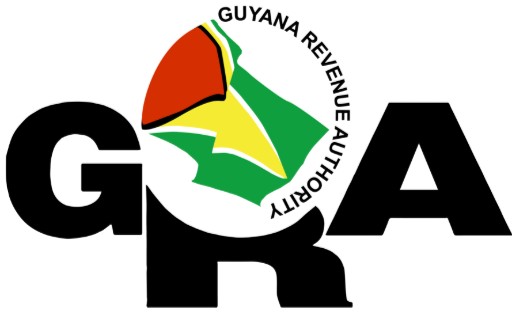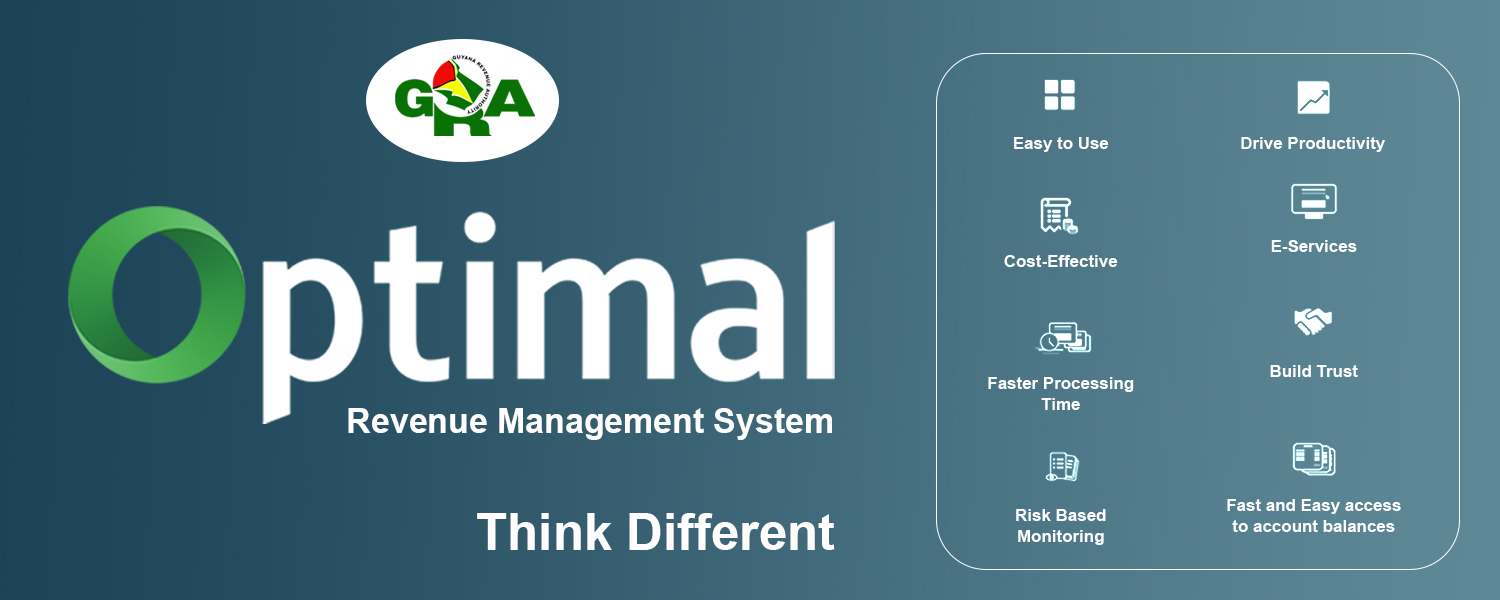The Guyana Revenue Authority’s Tax Exemption, Processing & Verification Division, is the department responsible for processing and issuing tax exemptions. Exemptions can be issued to individuals, companies or applied to services that qualify in accordance with the Value Added Tax, the Customs and Excise Tax Acts.
General application requirements for Tax Exemption
- The application must be submitted to the Commissioner-General via GRA’s ASYCUDA World
Note
- Must state briefly what the application is about.
- Must attach invoices. The invoice numbers for the materials you are seeking exemptions must be clearly stated.
- Must provide proper description of goods/items.
- Applicant’s TIN, email address and telephone number must be clearly stated.
- Letter of recommendation from the company/entity you represent (where necessary).
The issuance of exemptions may change/vary in accordance with legislative changes approved in Parliament and by the Government of Guyana.
Further, taxpayers must note that GRA works in collaboration with its sister-agencies who also play a role in the exemption process. Agencies such as the Ministry of Foreign Affairs, the Guyana Energy Agency, Go-Invest, among others, often evaluate applicants before the exemption process can commence.
Below are the general guidelines for categories of individuals and businesses applying for exemptions on Customs Duty, Value Added Tax, and Excise Tax on items being imported/exported.
FISHING INDUSTRY
These guidelines apply to persons who are requesting tax exemptions under the First Schedule Part III B (1) Item 5 of the Customs Act.
- Established fishing industries with fishing licences are eligible for tax exemptions on items such as spares, packaging materials, fishing nets, floats etc.
- These establishments are only eligible for customs duty exemption.
- Applicants that have a small fishing establishment and provides evidence of their operation, would also be eligible for the zero rating of the value-added tax on fishing nets, floats, rope, twine, cordage, hooks and sheet lead.
- The items listed above are eligible for customs duty exemption and the zero rating of the Value-Added Tax.
- Application addressed to the Commissioner-General.
- Invoice/quotation from the supplier.
- Taxpayer Identification Number.
- Tax Exemption Processing & Verification Division application.
- Recommendation from the Fishing Co-operatives in which they are involved.
- In cases where the applicant has not supplied information that is required by the Guyana Revenue Authority, a letter is issued to the applicant requesting the required information.
DIPLOMATS
These guidelines apply to persons who are requesting tax exemptions under the First Schedule Part III B (2) Item 6 of the Customs Act, the zero rating of value-added tax under Sub-Section (o) of Schedule 1, Paragraph 3 of the Value-Added Tax Act and the exemption from the payment of excise tax in accordance with Table A-4 of Section 15 of the Excise Tax Act.
Diplomatic Missions or Diplomats must make all requests for tax exemptions through the Ministry of Foreign Affairs.
Provided that they qualify for Diplomatic Status, the following must be presented by the Foreign Affairs Ministry to the GRA.
- Request from Ministry of Foreign Affairs recommending the tax exemption. The request must include the Bill of Lading/Airway Bill number and/or the invoice/quotation number.
- Bill of Lading/Airway Bill
- Invoice/Quotation
- Copy of Drivers Licence in cases of request for free licences.
- In cases where the applicant has not supplied information that is required by the Guyana Revenue Authority, a letter is issued to the Ministry of Foreign Affairs requesting the required information.

